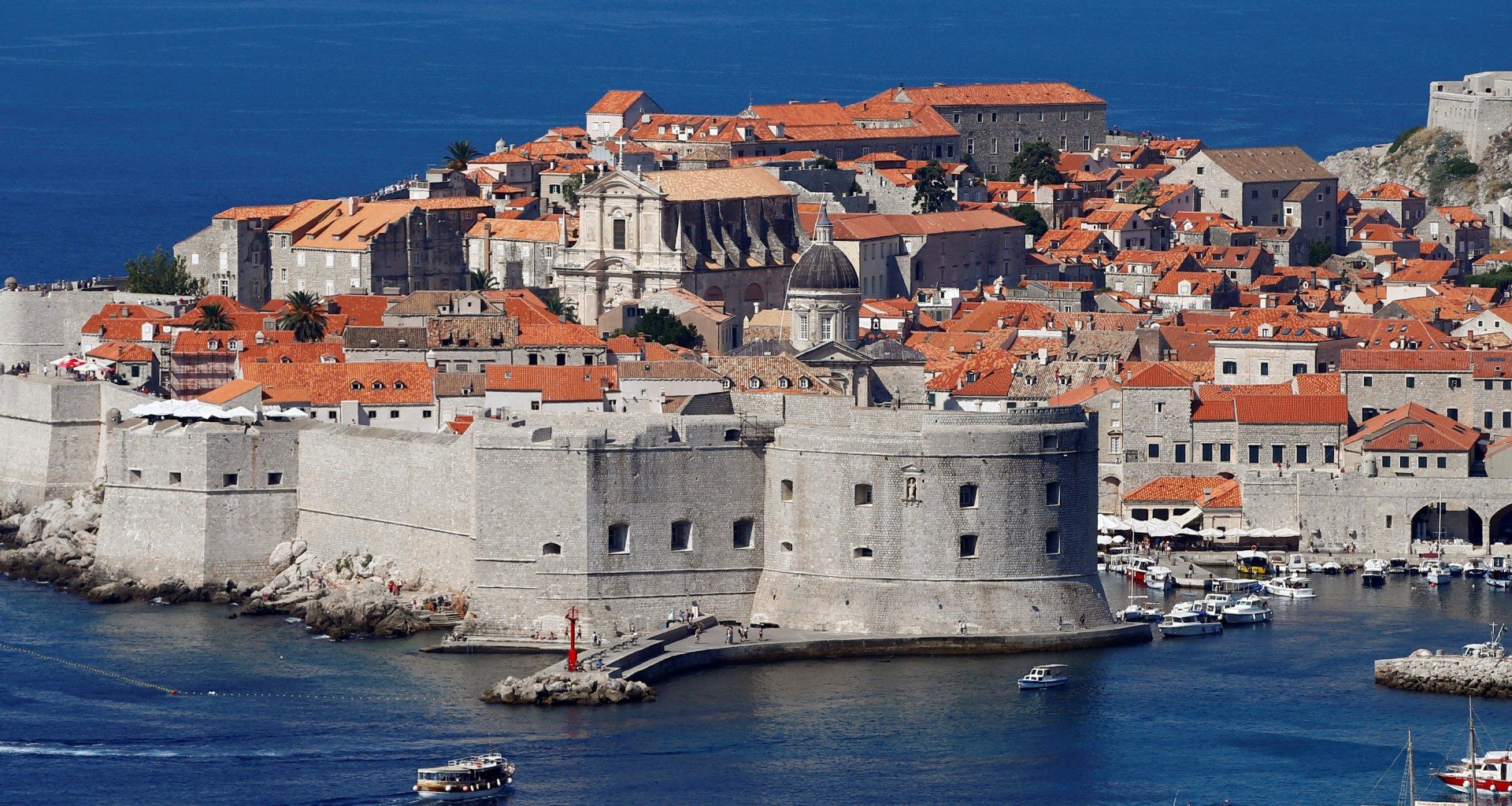Cause of blackout remains unknown, but early indications point to spike in electricity use due to severe heat enveloping the region.
A major electricity blackout has hit Montenegro, Bosnia and Herzegovina, Albania and most of Croatia’s Adriatic coast, leaving people sweltering in the middle of a severe heatwave.
Temperatures in Montenegro’s capital, Podgorica, reached 38 degrees Celsius (100 degrees Fahrenheit) on Friday. Power distributor CEDIS said “network outages” cut power across most of the country.
Sasa Mujovic, Montenegro’s energy minister, told local media the electricity outage was regional in nature and linked to the ongoing heatwave.
“There has been a sudden increase in consumption because of high temperatures,” Mujovic said.
In Bosnia, there was no power in the capital, Sarajevo, and the cities of Banja Luka and Mostar. Local media reported blackouts across the country.
“The exact cause of the blackout is still unknown, but we presume it involves the overloading of the interconnector,” said Midheta Kurspahic, a spokesperson from the Bosnia and Herzegovina Electricity Company.
Traffic ground to a halt in the Croatian coastal city of Split after traffic lights failed, state TV HRT reported. Ambulance sirens rang out across the city.
Croatia’s HEP power utility said the outage in parts of the country was caused by “an international disturbance that affected several countries” without going into detail.
“The Croatian transmission system operator is conducting an analysis with the system operators of neighbouring countries to determine the cause,” HEP said. The utility said it put its production capacities into full operation to ensure “supply in the shortest possible time”.
Albania’s Top Channel TV said the capital, Tirana, and a number of towns also had no electricity.
Extreme heatwave the cause?
Operators said they started restoring supply by midafternoon on Friday.
Reporting from Sarajevo, Al Jazeera’s Aida Hadzimusic said the exact reason behind the regional blackout remains unknown.
“According to Croatian officials, it did not happen in Croatia, and they said it might have occurred somewhere between Greece and Albania. But that’s all preliminary information. They also said it might take up to six months before we know the official investigation results about the incident,” Hadzimusic said on Friday.
“Croatian officials also said it might be related to an extreme heatwave. Here in the Balkans, we have one of the hottest days today. It is almost 40C [104F] and it has affected thousands in Bosnia and Herzegovina, Croatia and Albania. It is also affecting tourists in the Adriatic region since we are in the middle of the tourist season.”
Human-caused climate change is heating up the planet at an alarming rate, resulting in repeated intense heatwaves, according to the global scientific community. Extreme heat also raises reliance on energy-guzzling air conditioners.
Read More: World News | Entertainment News | Celeb News
Aljazera
